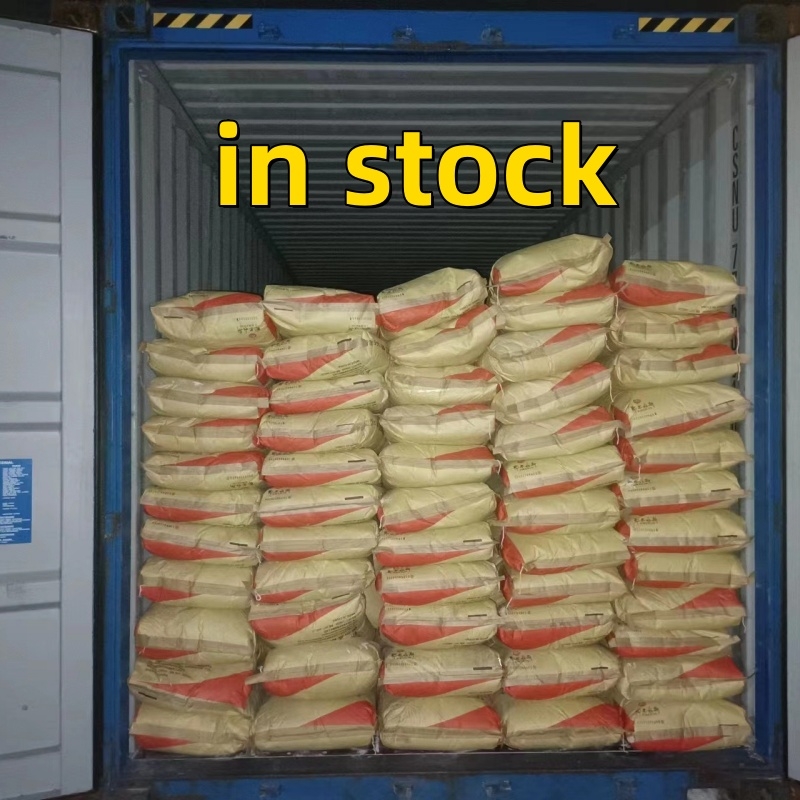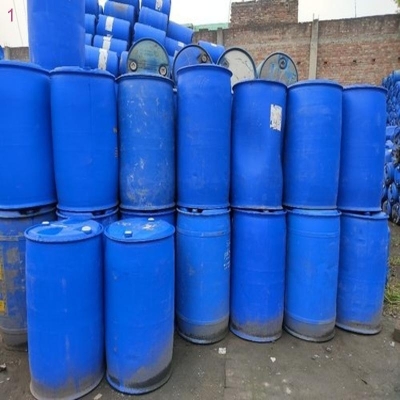-
Categories
-
Pharmaceutical Intermediates
-
Active Pharmaceutical Ingredients
-
Food Additives
- Industrial Coatings
- Agrochemicals
- Dyes and Pigments
- Surfactant
- Flavors and Fragrances
- Chemical Reagents
- Catalyst and Auxiliary
- Natural Products
- Inorganic Chemistry
-
Organic Chemistry
-
Biochemical Engineering
- Analytical Chemistry
-
Cosmetic Ingredient
- Water Treatment Chemical
-
Pharmaceutical Intermediates
Promotion
ECHEMI Mall
Wholesale
Weekly Price
Exhibition
News
-
Trade Service
Professor Zhu Yanwu's research team from University of Science and Technology of China constructed C₆₀ polymer crystals and long-range ordered porous carbon crystals under atmospheric pressure conditions by charge injection of fullerene C₆₀ molecular crystals, and realized grammagnitude preparation
.
The research results were published in the international academic journal Nature on January 12
.
Zhu Yanwu introduced: "Long-range ordered porous carbon crystals, which have porous characteristics microscopically but retain the macro-periodicity of crystals, are a new class of artificial carbon crystals, which may have potential applications
in the fields of energy storage, ion screening, and load catalysis in the future.
" Charge injection technology provides a Lego-style preparation technology for the construction of such carbon-based crystal materials, which is expected to become a new means
to control crystal structure at the atomic level.
”
In recent years, the discovery and development of new carbon materials such as fullerene, graphene and graphdiyne has attracted widespread attention and research boom
.
Previously, for the preparation of such new carbon materials, researchers used extreme conditions such as high temperature and high pressure or microscopic treatment techniques
such as ultraviolet light and electron beam irradiation.
However, its low yield and impure product hinder people from exploring
the properties and applications of such materials in depth.
In this study, Yanwu Zhu's team creatively used lithium nitride to charge the fullerene C₆₀ molecular crystals, and heat treated them under mild conditions, and finally obtained a large number of C₆₀ polymer crystals and long-range ordered porous carbon crystals
.
The team carried out theoretical simulations
of the formation mechanism of C₆₀ polymer crystals and long-range ordered porous carbon crystals.
The results show that charge injection causes the electric dipole moment interaction between fullerene C₆₀ molecules, which reduces the addition reaction barrier between adjacent C₆₀ molecules during the reaction process, making the reaction more likely to occur.
The further reaction causes the intermolecular junction to change into a curved junction structure, but the partially broken fullerene C₆₀ molecules remain in a good periodic arrangement during this reaction
.
Zhu Yanwu said that in the future, they will systematically study the properties of long-range ordered porous carbon-based crystals, and hope to further adjust the atomic-level structural characteristics of crystals by finely adjusting experimental parameters, and explore more properties and applications
.







